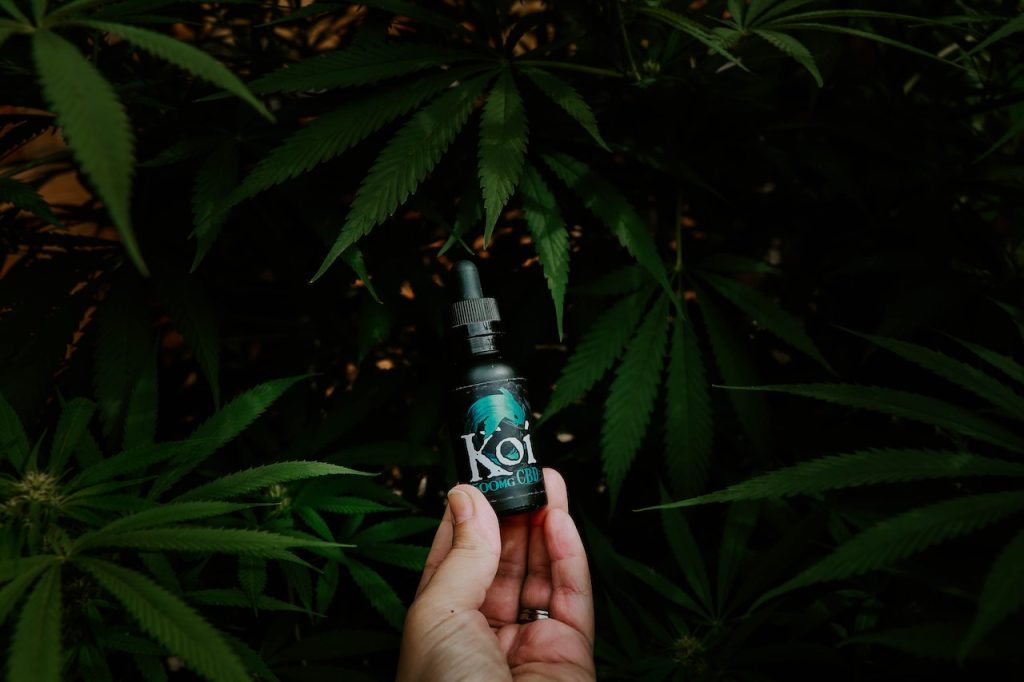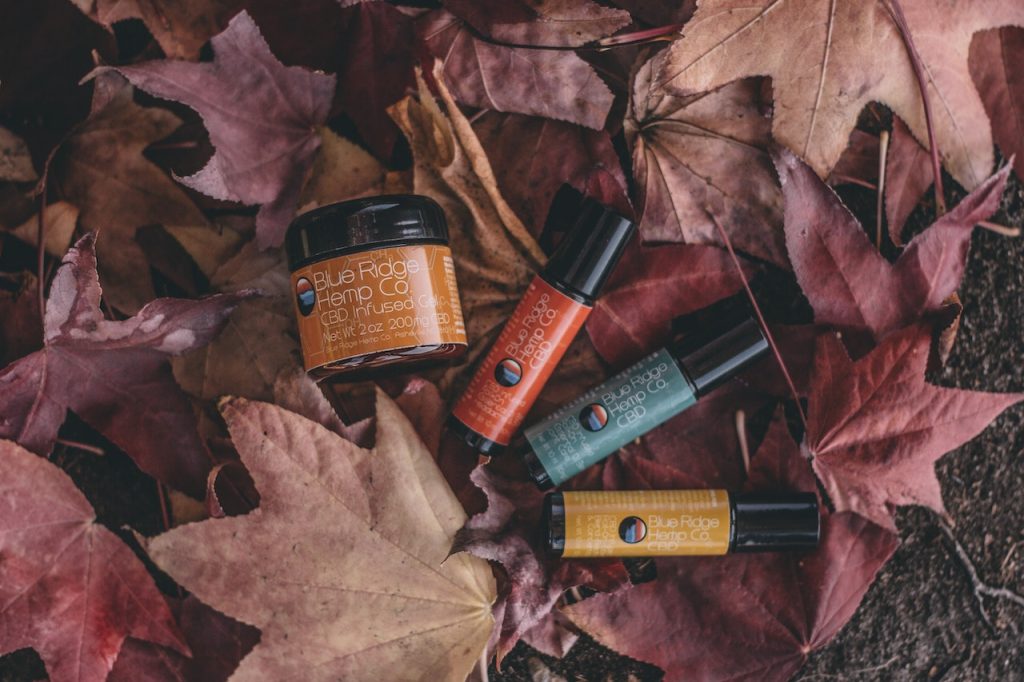Does cannabis actually relieve discomfort or is something else taking place?

If you have actually attempted among the various solutions of clinical marijuana (marijuana) in hopes of reducing your persistent pain, you’re much from alone. Dealing with pain is by far the most typical factor supplied by the numerous millions of Americans who utilize products which contain cannabinoids, the main active elements in cannabis.
However, there’s good proof that a marijuana sugar pill– a compound designed to imitate the actual point in appearance, smell, preference, and feel– offers extremely similar pain alleviation as a cannabis-based product, according to a brand-new testimonial in JAMA Network Open. Yet why?
What did this study consider?
This meta-analysis of 20 randomized regulated research studies considered the impact of positive limelights on person assumptions for discomfort relief from cannabis products. The researches consisted of an overall of 1,459 people, a lot of whom had neuropathic pain or discomfort from multiple sclerosis.
The active treatments used in these researches included 2 major cannabinoids in cannabis, delta-9-tetrahydrocannabinol (THC) or cannabidiol (CBD), and the prescription drugs nabilone (Cesamet), dronabinol (Marinol, Syndros), and nabiximols (Sativex). The products– and the sugar pills– were offered as a tablet, spray, oil, or smoke or vapor. The researchers found that individuals obtaining active treatment and participants obtaining sugar pill reported similar levels of discomfort relief.
Ted J. Kaptchuk, director of the Program in Sugar Pill Researches and The Therapeutic Encounter at Harvard-affiliated Beth Israel Deaconess Medical Facility, claims the searchings for from this well-done research study aren’t unusual. “With the exception of opioids, many pain-relieving medications are barely much better than a placebo,” he claims.
Actually, in medical tests of typical discomfort medicines such as aspirin and ibuprofen, placebos supply regarding as much pain relief as the real medications. That’s not to claim the energetic medications don’t have physiological effects. Instead, the impacts of a placebo rival or simulate those impacts. They simply resolve various neurobiological pathways, Kaptchuk clarifies.
Exactly how does a sugar pill affect the mind?
“Since the late 1970s, we’ve known that if you provide someone a sugar pill, different neurotransmitters are launched in the mind, and specific parts of the brain are triggered,” says Kaptchuk. These neurotransmitters include endocannabinoids, which are structurally comparable to the active compounds in marijuana. Exactly what causes the release of these chemicals continues to be a bit of a mystery, however.
As Kaptchuk and colleagues wrote in a 2020 evaluation in TheBMJ regarding placebos in chronic discomfort, the classic concept to discuss the sugar pill effect is assumption: you think the treatment you’re obtaining will certainly make you feel better, and it ends up being a self-fulfilling prediction.
Is media attention increasing assumptions for clinical marijuana?
According to the writers of the new meta-analysis, a wealth of favorable limelights likely contributed to assumption and might discuss their results. In a different evaluation of 136 news items in typical media and blog sites, they discovered that cannabis researches received a lot more media attention than other published researches, no matter the size of the placebo feedback or the restorative effect of cannabis. But while media buzz may be at play here, it deserves recalling that unhyped drugs like ibuprofen also generate solid sugar pill reactions, Kaptchuk states.
The sugar pill reaction may likewise arise when individuals receive care and attention from a medical professional in the context of treatment, which generates aware and subconscious feelings that they’re mosting likely to feel much better. Treatments that entail more routine– such as getting a shot or cigarette smoking– also have a tendency to raise the sugar pill result greater than merely ingesting a tablet.
What does this mean for you?
If you make use of a cannabis-based product for pain or are thinking of attempting one, what should you make of these findings? “By the stringent orthodoxy of modern medicine, a physician would certainly say cannabis items don’t function– they’re no far better than a sugar pill,” says Kaptchuk.
But it’s a quandary because a medical test is unreal life. Persistent discomfort is notoriously hard to deal with. And the a lot more reliable a medication goes to treating discomfort, the greater the possibility of negative effects and other unwanted effects, such as dependance and addiction. “If something aids eliminate your discomfort and doesn’t cause any kind of substantial injury, I would state go on and utilize it,” he says. However talk to your medical professional and follow this recommendations on medical marijuana ahead of time.

